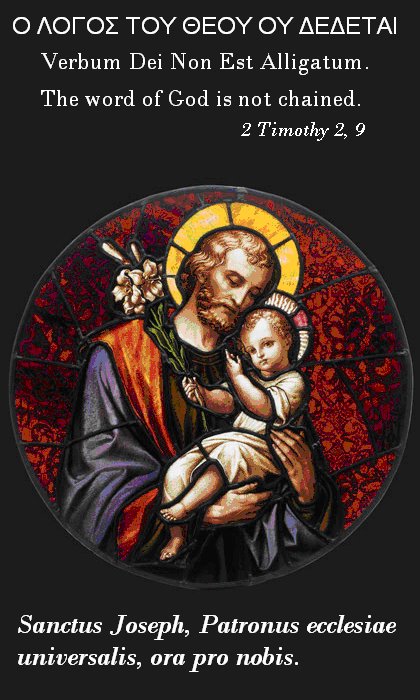Anthony Esolen has profound things to say about love, freedom, and our contingent nature in his meditation on Dante's Divine Comedy, published in this month's edition of First Things (March 2009). This merits extensive quoting:
"...All things, says the psalmist, declare that 'he made us; we did not make ourselves.' Even the atheist must agree that we did not make ourselves. The statement expresses contingency and dependence, and these are plainly discernible by reason. I did not come into the world self-made. Indeed, I came into a world already present for me to enter: an intelligible world, not a congeries of arbitrary and unrelated forces. Had there been no such world, I would not have existed.
"To claim, then, that we did make ourselves would be to deny the real contingency of our beings -- which would also be to deny the web of relations into which we have entered by our being and without which we must cease to be. Deep at the heart of this denial is the prideful sin of ingratitude. We see that we are provided with what we could not have provided for ourselves: not only the material conditions that support our existence -- our food and drink, the care of our parents -- but the fact of our existence itself. Yet we respond with a lie. We repeat what Satan implicitly affirms at the bottom of hell [Esolen says 'implicitly' because in Dante's Inferno, Satan does not speak; indeed, as the author of this peice points out, it is almost as if he is 'sublingual'], the loneliest words ever uttered: "I am my own, I am my own! My mind is my own, to fashion what truth I shall please. My body is my own, to dispose of as I please. My will is my own. I rise -- by my power. I exist -- by my power."
Towards the end of his article, Esolen talks about the force that breaks the power this lie has over us, that opens our eyes to the truth of our contingent existence: love. It is the case again of ubi amor, ibi oculus, 'where there is love, there is seeing',the subject of the last posting. To this truth revealed to us through love the only appropriate response is humble gratitude:
"Love opens our eyes, allowing one contingent being to reveal the mysteries of beauty to another. But it also gives us wings, prompting the intellect to soar in contemplation of that beauty. Throughout the Divine Comedy, Dante's beloved Beatrice has been preparing the pilgrim for the ultimate and yet infinite flight, to see the Beloved face to face.
"In harsh contrast is the vision of Satan and his trinitarian heads. They are seamed together, but incongruously. There is no harmony among them, as there is no interaction among the traitors he gnaws. No community, no exit from the self. "Hell is other people," said Sartre, and he was correct in this sense: If for you hell is other people, then you are in hell, and so are your fellow traitors.
"Satan's lie, then, is also Satan's mistake. He who is not God wants to be God, to rise by his own power and be his own. But God is his own precisely in his love -- in his being for. "You should be as gods," Satan says to Eve, and he unwittingly speaks the truth. We should be as gods, and we can be, in gratitude and humility and love. For the outpouring of a grateful heart, which loves because it receives what it has not deserved, reflects the exuberant power of God, who loves into existence beings whom he does not need. And the self-emptying that is essential to love -- the humble willingness to acknowledge that, as we did not make ourselves, we do not exist for ourselves -- reflects the plenitude of God, who in his creation deigns to put himself at the disposal of the contingent beings he loves.
"He is the cup that runneth over -- in love. He can be sung about; he can be prayed to. If we would be laws unto ourselves, Dante would say, we must wisely and freely embrace the laws of our contingent being, obeying them as an obedient and beloved son cheerfully obeys his father, growing into the father's authority by deeper and wiser and freer acts of obedience. And in obeying those laws we will find ourselves great-souled, able to love one another. We should be as gods."
Tuesday, March 10, 2009
Subscribe to:
Post Comments (Atom)

No comments:
Post a Comment